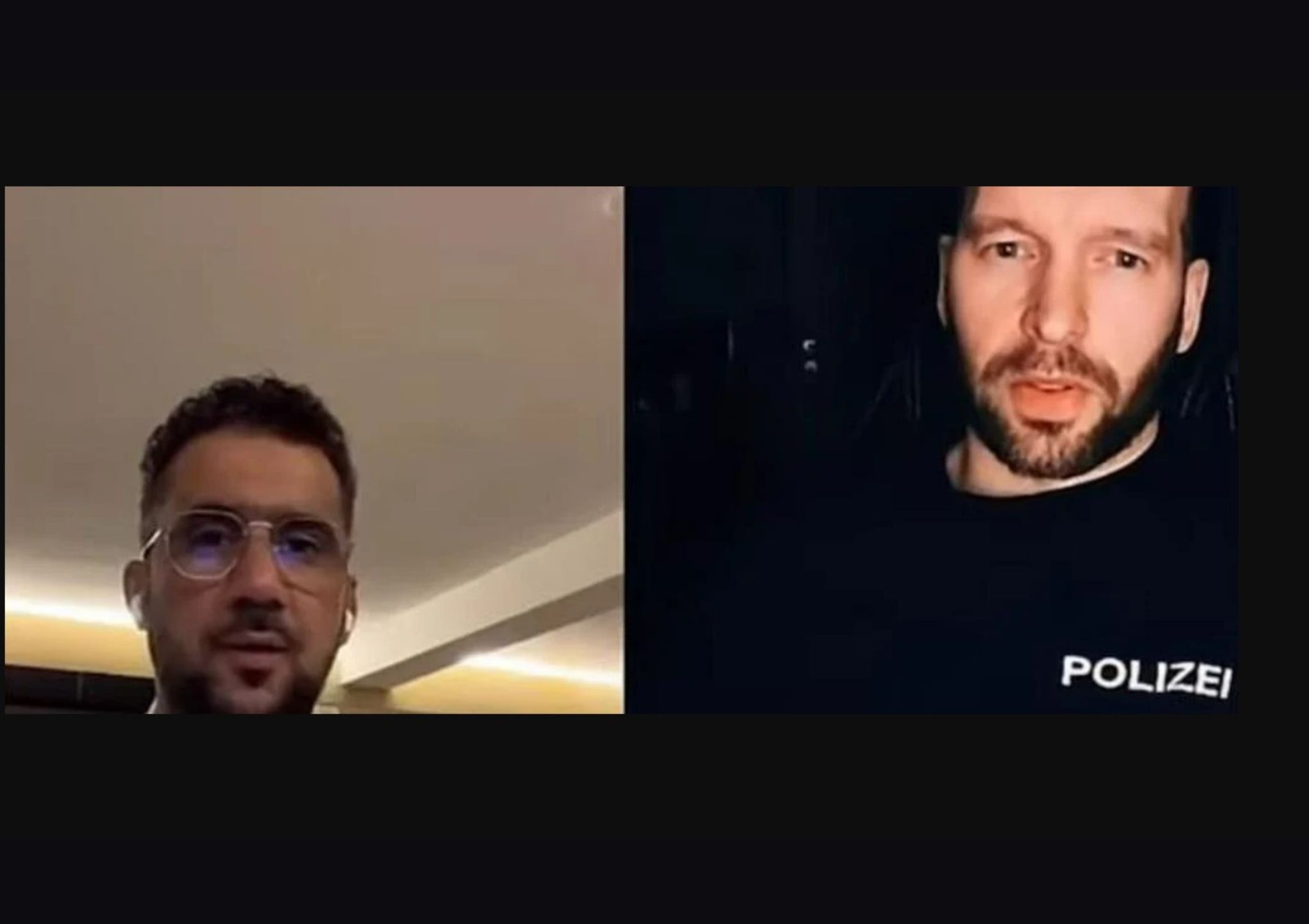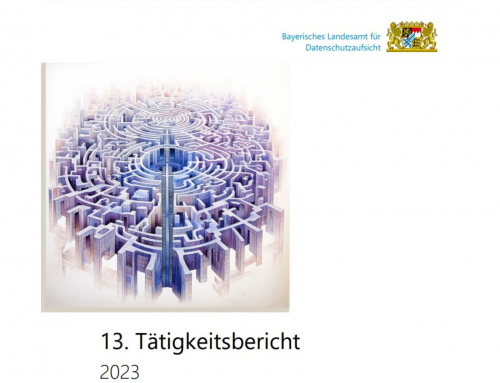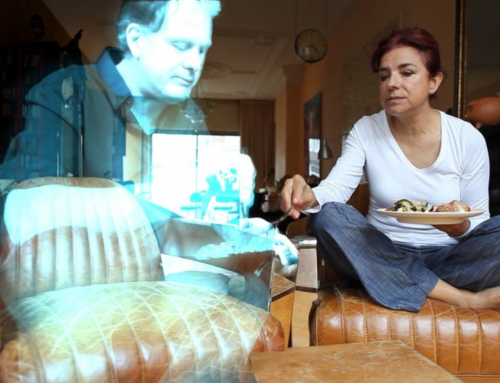Image source: Tik Tok
A Berlin police officer has been ordered by the state of Berlin to stop presenting himself as “Officer Denny” in police-related posts on TikTok and similar social media. This came after a TikTok interview with a prominent member of a clan, Arafat Abou-Chaker, that the officer had conducted. The police officer had appealed his employer’s decision but was unsuccessful in doing so. He tried to prevent this in court, but this also failed in the end.
The Higher Administrative Court of Berlin-Brandenburg (Oberverwaltungsgericht Berlin-Brandenburg, OVG) (Beschl. v. 17.4.2023, Az. OVG 4 S 4/23) ruled in favor of the state of Berlin, thus confirming an earlier emergency decision of the Administrative Court of Berlin (Verwaltungsgericht Berlin, VG).The state had banned the police officer from all Internet postings with official relevance, as his behavior raised doubts as to whether he would still exercise his office dutifully and impartially.
Interference with official interests
The Higher Administrative Court ruled in favor of the state of Berlin and emphasized that the videos in question were a secondary activity that impaired official interests and could therefore be prohibited. The police leadership alone decides what kind of public relations work is suitable to “preserve the reputation of the police”. They would also have to answer for this to the interior authority and the parliament.
TikTok booth: dueling clan member
The interview that Officer Denny conducted with Arafat Abou-Chaker is an example of why the police officer should be restrained on TikTok and similar platforms. According to “Tagesspiegel,” he allegedly ducked Abou-Chaker in the interview. This is behavior that is considered rude or disrespectful in many cultures. It casts doubt on the official’s impartiality and ability to fulfill his duties.
Responsible use of social media
The case shows how important it is for police officers to use the Internet responsibly and to consider that their actions may have an impact on their reputation as officers. It is understandable that the officer wants to use his videos to promote understanding for the police. But he must also bear in mind that he is acting as a representative of a state institution and is therefore subject to a higher level of responsibility than a private individual.
Conclusion
The TikTok interview with clan member Arafat Abou-Chaker has serious consequences for a Berlin police officer. After the state of Berlin banned him from all Internet postings related to his work, the Higher Administrative Court has upheld the decision. The police officer may not arbitrarily pose as “Officer Denny” on TikTok and similar social media through posts with police references. The police leadership has the right to decide what kind of public relations is suitable to preserve the reputation of the police.







